Most people have heard the old saying that nothing is certain but death and taxes. And, of course, few things rankle the public as much as taxes. From sales tax to income tax to property tax, there is plenty of taxation to complain about! And the federal tax collection agency, the Internal Revenue Service (IRS), is frequently portrayed as a bureaucratic boogeyman. The IRS has been atop the news cycle recently thanks to a big funding boost: $80 billion to hire some 87,000 new IRS agents.
Why People are Upset at IRS Funding Boost
If you want to start an argument, just voice an opinion about who should pay what amount of taxes. Inevitably, someone is going to be upset. If you believe in a highly progressive income tax, where higher earners pay a higher overall tax rate due to aggressive marginal tax brackets, you will likely be accused of hurting job creation and reducing incentives to work hard by over-taxing the wealthy. If you believe in a less progressive income tax, or a proportional flat tax where all earners pay the same percent of their income in tax, you will probably be criticized as placing undue burdens on low-income workers. Similarly, there are lots of political feelings about who gets audited by the IRS: the rich or the poor?
In today's politically polarized environment, the IRS is frequently seen as a political tool of whichever administration controls the White House. Whoever gets in trouble with the IRS for allegedly underpaying (or not paying at all) their taxes can argue that the IRS' focus on them is political targeting. Thus, whichever demographic or socioeconomic group of taxpayers who receive the attention of these 87,000 additional agents - typically in the form of an audit - will likely claim political persecution.
What is an IRS Audit?
When you file and pay your taxes every spring, an automated system at the IRS compares the information you provide (such as through TurboTax) against what has been reported for you by your employer(s), mortgage company, bank, investment firms, and others. A rule of thumb: If these companies or organizations went you an official-looking form that had money figures, they sent an identical copy to the IRS. If, by April 15, the information you provide the IRS does not match the info they received from other entities, they may audit you.
An audit is where the IRS examines your financial information to determine its accuracy compared to what you reported. Usually, it means the agency thinks you either under-reported your income or investment profits (upon which you pay tax) or you over-reported your tax-deductible expenditures or tax credits. Sometimes, this under-reporting of income and over-reporting of tax-deductible expenditures happens by accident. Fortunately, the IRS usually gives you multiple opportunities to simply pay what you owe before pursuing any sort of criminal charges. But, the longer you delay, the steeper penalties you will likely have to pay on top of the actual taxes owed.
Who Gets Audited?
This is the political part: Who receives more scrutiny from the IRS over their annual tax returns? Essentially, everyone feels like their group (rich, poor, small business owner, independent contractor, etc.) receives the most IRS attention. Statistically, lower-income Americans received the most IRS audits. This is related to the fact that it is easier to audit lower-income taxpayers due to the relative simplicity of their returns. Someone making $30,000 per year from one employer can be audited quickly, and so the agency pursues it. However, someone making $300,000 per year from two separate employers and has several complex investments will take more effort to audit.
The White House and IRS claim that the new agents will focus on auditing higher-income individuals in order to boost tax revenue. Conservatives, however, argue that the audits will continue to fall on lower- and middle-class Americans. It will take years to determine whose views were more correct. For the time being, keep paying your taxes!
What This Means for Investors
If you're an investor, as you should be, make sure you know your tax obligations. If you are holding stocks over the long term and not selling during the year, you don't have any tax burden. However, if you sell your stocks during the year, you will owe some capital gains tax. Therefore, before you sell your stocks and take the cash, know that you will pay a percentage of that investment profit in federal income tax. Fortunately, capital gains tax is less than earned income tax, meaning you get a relative deal from making cash from investments versus working a day job.
There are three tax brackets for capital gains: 0 percent for single person annual income up to $40,000 (double this value for married couples), 15 percent for single person income between $40,000 and $445,000, and 20 percent for single person income over $445,000. For some specific types of investments, there are additional tax brackets of 25 and 28 percent, but those are still lower than earned income tax brackets!
When you sell stocks during the year, your investment firm will send you a 1099-B. Make sure you report this income when you file your taxes! If you accidentally do not report this, the IRS may flag your return for an audit.
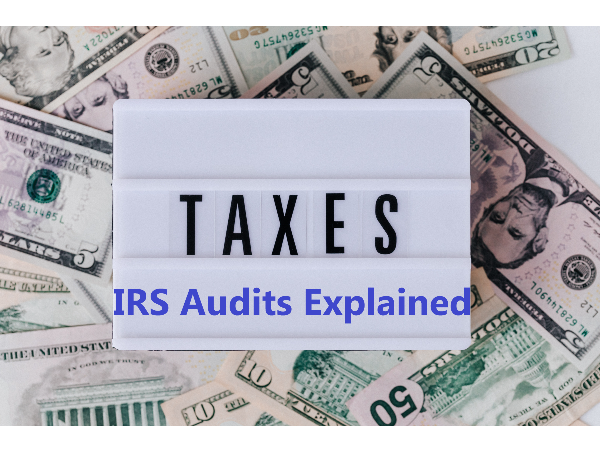


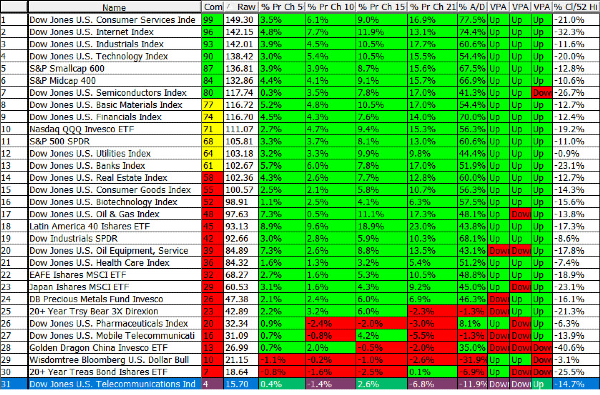









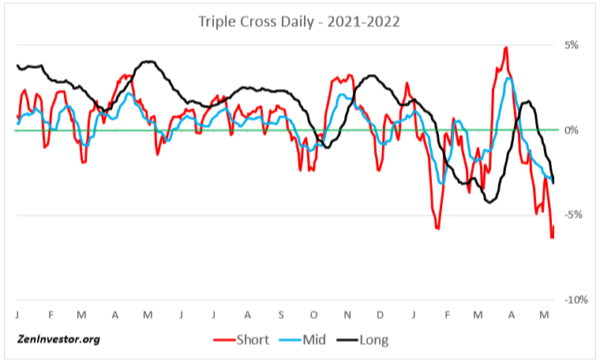





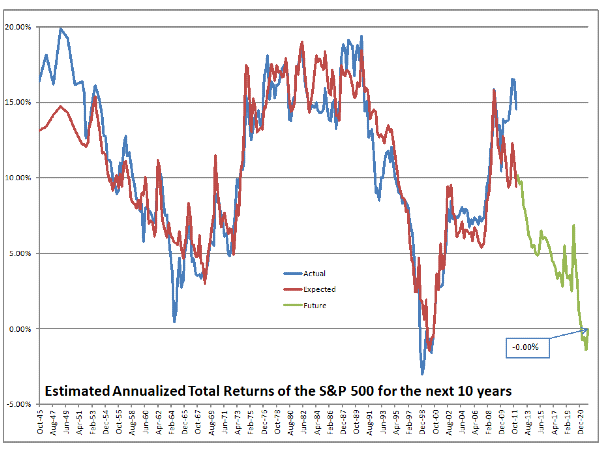

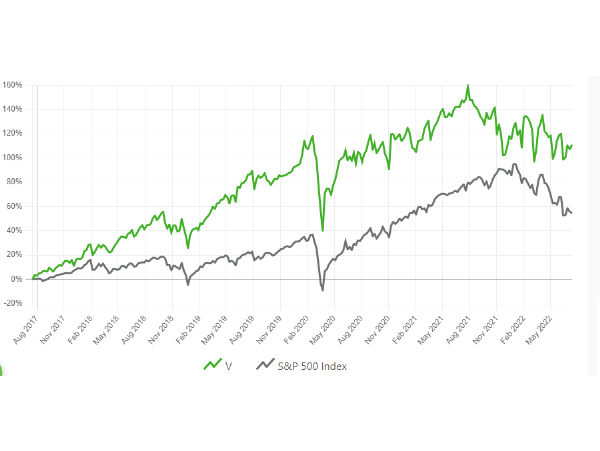








Most people have heard the old saying that nothing is certain but death and taxes. And, of course, few things rankle the public as much as taxes. From sales tax to income tax to property tax, there is plenty of taxation to complain about! And the federal tax collection agency, the Internal Revenue Service (IRS), is frequently portrayed as a bureaucratic boogeyman. The IRS has been atop the news cycle recently thanks to a big funding boost: $80 billion to hire some 87,000 new IRS agents.
Why People are Upset at IRS Funding Boost
If you want to start an argument, just voice an opinion about who should pay what amount of taxes. Inevitably, someone is going to be upset. If you believe in a highly progressive income tax, where higher earners pay a higher overall tax rate due to aggressive marginal tax brackets, you will likely be accused of hurting job creation and reducing incentives to work hard by over-taxing the wealthy. If you believe in a less progressive income tax, or a proportional flat tax where all earners pay the same percent of their income in tax, you will probably be criticized as placing undue burdens on low-income workers. Similarly, there are lots of political feelings about who gets audited by the IRS: the rich or the poor?
In today's politically polarized environment, the IRS is frequently seen as a political tool of whichever administration controls the White House. Whoever gets in trouble with the IRS for allegedly underpaying (or not paying at all) their taxes can argue that the IRS' focus on them is political targeting. Thus, whichever demographic or socioeconomic group of taxpayers who receive the attention of these 87,000 additional agents - typically in the form of an audit - will likely claim political persecution.
What is an IRS Audit?
When you file and pay your taxes every spring, an automated system at the IRS compares the information you provide (such as through TurboTax) against what has been reported for you by your employer(s), mortgage company, bank, investment firms, and others. A rule of thumb: If these companies or organizations went you an official-looking form that had money figures, they sent an identical copy to the IRS. If, by April 15, the information you provide the IRS does not match the info they received from other entities, they may audit you.
An audit is where the IRS examines your financial information to determine its accuracy compared to what you reported. Usually, it means the agency thinks you either under-reported your income or investment profits (upon which you pay tax) or you over-reported your tax-deductible expenditures or tax credits. Sometimes, this under-reporting of income and over-reporting of tax-deductible expenditures happens by accident. Fortunately, the IRS usually gives you multiple opportunities to simply pay what you owe before pursuing any sort of criminal charges. But, the longer you delay, the steeper penalties you will likely have to pay on top of the actual taxes owed.
Who Gets Audited?
This is the political part: Who receives more scrutiny from the IRS over their annual tax returns? Essentially, everyone feels like their group (rich, poor, small business owner, independent contractor, etc.) receives the most IRS attention. Statistically, lower-income Americans received the most IRS audits. This is related to the fact that it is easier to audit lower-income taxpayers due to the relative simplicity of their returns. Someone making $30,000 per year from one employer can be audited quickly, and so the agency pursues it. However, someone making $300,000 per year from two separate employers and has several complex investments will take more effort to audit.
The White House and IRS claim that the new agents will focus on auditing higher-income individuals in order to boost tax revenue. Conservatives, however, argue that the audits will continue to fall on lower- and middle-class Americans. It will take years to determine whose views were more correct. For the time being, keep paying your taxes!
What This Means for Investors
If you're an investor, as you should be, make sure you know your tax obligations. If you are holding stocks over the long term and not selling during the year, you don't have any tax burden. However, if you sell your stocks during the year, you will owe some capital gains tax. Therefore, before you sell your stocks and take the cash, know that you will pay a percentage of that investment profit in federal income tax. Fortunately, capital gains tax is less than earned income tax, meaning you get a relative deal from making cash from investments versus working a day job.
There are three tax brackets for capital gains: 0 percent for single person annual income up to $40,000 (double this value for married couples), 15 percent for single person income between $40,000 and $445,000, and 20 percent for single person income over $445,000. For some specific types of investments, there are additional tax brackets of 25 and 28 percent, but those are still lower than earned income tax brackets!
When you sell stocks during the year, your investment firm will send you a 1099-B. Make sure you report this income when you file your taxes! If you accidentally do not report this, the IRS may flag your return for an audit.